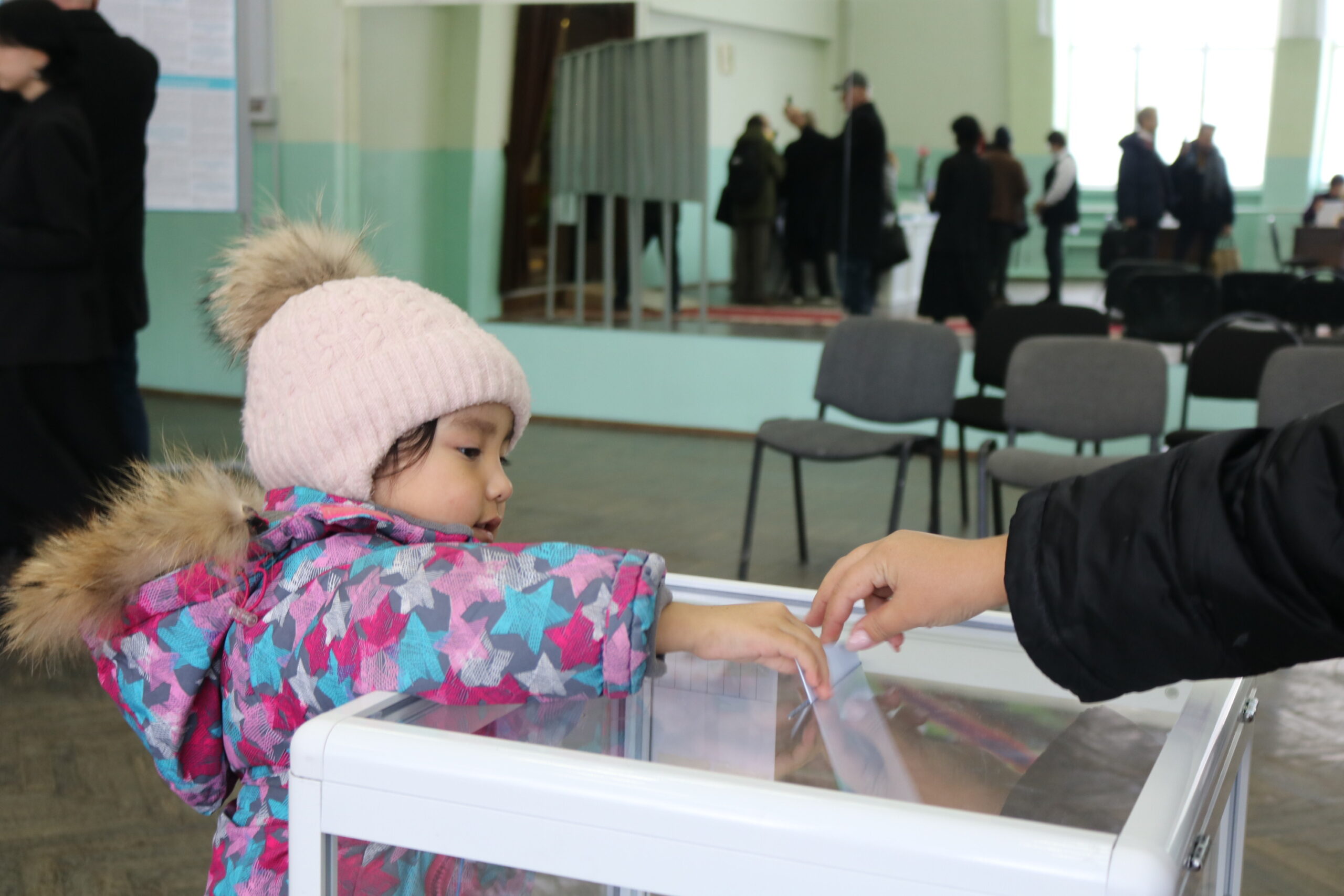Kassym-Jomart Tokayev, the incumbent President of the Republic of Kazakhstan, won by a
majority in an early presidential election held on November 20, 2022. He was re-elected because the Kazakh people trusted him and supported a fair government, which was the slogan of his election campaign. The results of the presidential election could also validate the Tokayev administration’s most recent constitutional amendments and reforms, which were put into place in response to the widespread protests in January.
Following the January protests, President Tokayev launched a comprehensive reform agenda for the country’s socio-economic policies, as well as its political and constitutional framework.
These reforms aimed at eliminating corruption improved democratic accountability, good
governance, and human rights protections. Along with domestic reforms, President Tokayev has taken important steps to balance Kazakhstan’s foreign policy in the face of a rapidly changing geopolitical landscape in the Eurasian region.
Kazakhstan has adopted a multi vector foreign policy in recognition of its unique geo strategic position. Astana has successfully maintained good relations with China, Russia, and the West as a result of this balancing approach in its foreign policy. Kazakhstan’s foreign policy approach after his reelection is discussed below.
Relations with China:
President Tokayev is an experienced diplomat who speaks Mandarin and has skillfully maintained relations with Beijing. The fact that Chinese President Xi chose Astana for his first foreign visit in nearly two years demonstrates the importance of bilateral relations. Astana-Beijing relations will continue to improve following President Tokayev’s reelection. The implications of the Ukraine crisis and its consequences for both China and Kazakhstan are also expected to increase the level of bilateral relations.
Russia
The Ukrainian crisis has also had an impact on Russia-Kazakh relations. Moscow has ignored the Central Asian region since the crisis began in February of this year. There are numerous propaganda components in circulation that claim that Russia is losing influence in the area.
However, due to Kazakhstan’s long-standing historical ties with Russia, relations with Moscow will remain cordial. Deep ties between Astana and Moscow are confirmed by Tokayev’s trip to Moscow following his reelection. However, in order to maintain its position, Russia must pay more attention to this region.
Turkey
In Central Asia, Turkey has established itself as a strategic and effective player. Turkey’s
positions in the region have been strengthened by Ankara’s involvement in the Armenia-
Azerbaijani conflict and the latter’s victory in it. Kazakhstan-Turkey relations will strengthen as the current geopolitical environment complements Turkey’s middle corridor, which is gaining momentum due to the Ukrainian crisis and disruptions of supply chains passing through Russia.
India
Despite numerous challenges, including the lack of direct connectivity, India-Kazakhstan relations have been on an upward trajectory. Kazakhstan is India’s largest trading partner, and the two countries have cooperated in various regional and multilateral forums. New Delhi has invested in the Chabahar port to address the connectivity issue. Astana has agreed to use this port as well. India will host the SCO summit of heads of state in 2023. Both countries have a consistent dialogue mechanism at the ministerial and leader’s summit levels. Relations between New Delhi and Astana will strengthen further under President Tokayev.
Currently, Kazakhstan’s domestic situation has the greatest impact on its foreign policy. Since the January protests and the subsequent transformations, including President Tokayev’s reelection, it is crucial to prevent a repeat of the unfavourable circumstances as they would be detrimental. Second, geopolitical changes like the Ukraine conflict and its repercussions will impact Kazakhstan’s foreign policy. Therefore, Kazakhstan has reactivated its multi-vector foreign policy to lessen the negative effects of the regional crisis, along with making serious efforts to the socio-economic development of the country.
